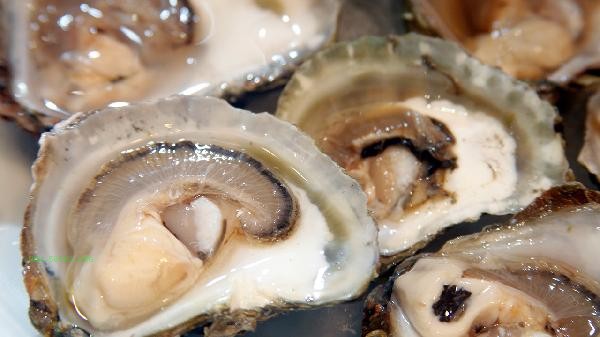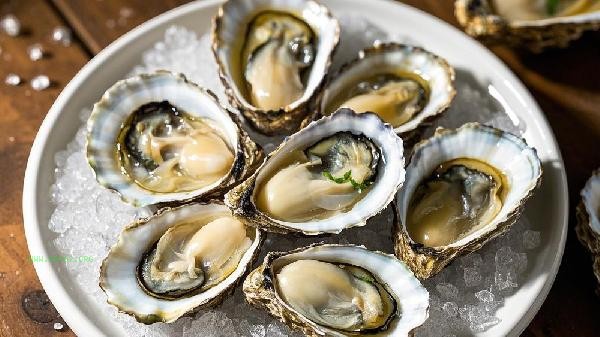Eating oysters in moderation at night has certain benefits for the body, but attention should be paid to the amount consumed and restrictions for special populations. Oysters are rich in nutrients such as zinc, high-quality protein, taurine, vitamin B12, and selenium, which help enhance immunity, improve sleep quality, and promote skin health.

1. Nutritional Advantages
Oysters are an excellent source of zinc, with zinc content per 100 grams of oysters exceeding daily requirements by several times. Zinc plays an important role in maintaining male reproductive health and enhancing immune function. The taurine it contains can regulate the nervous system and help alleviate nighttime anxiety; Vitamin B12 helps with red blood cell production and prevents anemia; Selenium has antioxidant properties and can reduce free radical damage. High quality protein is easy to absorb and suitable as a light protein supplement for evening meals.
2. Dietary recommendations
It is recommended to limit the consumption to 3-5 per serving to avoid excessive intake of cholesterol. The best consumption time is 2-3 hours before bedtime, and steaming with lemon juice or garlic can improve nutrient absorption. People who are allergic to seafood, have hyperuricemia, or gout should avoid consuming it. For those with spleen and stomach deficiency and cold, it is recommended to consume it after heating. Raw food poses a risk of parasites, so it is essential to choose fresh and reliable sources and thoroughly clean them.

3. Potential Risks
Oysters may carry norovirus or Vibrio parahaemolyticus, and immunocompromised individuals should be cautious. Excessive consumption may lead to diarrhea or zinc poisoning, manifested as symptoms such as nausea and headache. Some farmed oysters have high levels of heavy metals, and long-term consumption in large quantities may lead to the accumulation of heavy metals. Weakened digestive function at night, and those with poor digestive function may experience discomfort such as bloating.

When incorporating oysters into dinner recipes, it is recommended to pair them with vegetables and fruits rich in vitamin C, such as bell peppers and kiwifruit, to promote iron and zinc absorption. Avoid eating with cold foods such as watermelon. For those with gastrointestinal sensitivity, ginger tea can be used to warm the stomach. Regularly monitor blood zinc levels to prevent imbalances in trace elements. Maintain dietary diversity, consume no more than twice a week, and alternatively choose seafood such as salmon and shrimp to supplement similar nutrients. If allergic reactions or persistent indigestion occur, seek medical attention promptly.








Comments (0)
Leave a Comment
No comments yet
Be the first to share your thoughts!